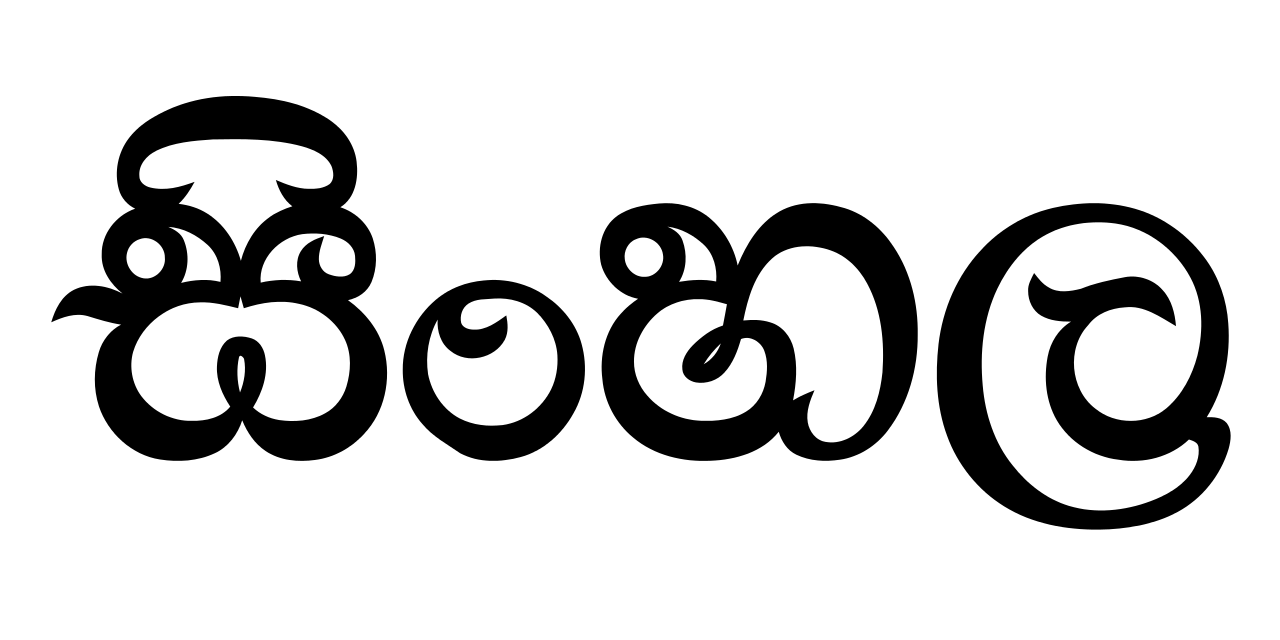Sounding the humanities’ voice: a podcast from Sri Lanka seeks to find it. From its charter:
At present, the Arts and Humanities is in crisis in Sri Lanka and many parts of the world. By and large, this crisis can be both internal and external; internal because we, the Arts and Humanities scholars, are largely preoccupied with academic mobility—in short, accumulating socio-economic and cultural capital. We have found solace in our epistemic bubbles and no longer want to unsettle the structures or systems that have comfortably numbed our reactionary potential. Our practices of producing and disseminating knowledge have become largely insular; therefore, we no less serve the function of gatekeepers of our territories. The crisis is external because we are also compelled to produce “useful” graduates who are equipped to run the economy. Our ‘model’ does not fit the corporatized university trajectory. As a result, the Arts and Humanities are slowly losing its radical, imaginative potential and moving towards more mechanized, itinerary teaching and research.
“Who is Afraid of the Humanities?” is launched in this context – largely to assess the possibilities of ‘freeing’ the field of Arts and Humanities from institutional and intellectual neglect, to critically engage with assumptions, ideologies and biases in the field and to archive debates, discussions, dialogues on context-specific approaches to rethinking, reimagining or reinventing the Humanities and decolonizing its curriculum and pedagogy….
It is important that one doesn’t romanticize or essentialize the field of Arts and humanities as ‘holier than thou’ just because the need to ‘resurrect’ the field from the material demands is more urgent than ever. It should be a process where we examine our disciplinary biases, prejudices and assumptions and create space for different modes of inquiry to interact and thrive. The aim should be to assess the possibilities of manoeuvring the field towards social, political and economic transformation and justice rather than use as a conduit to justify our self-interest.
For another post on Thilini Prasadika’s enterprise, see here.
Related
Share This Story, Choose Your Platform!









Leave A Comment